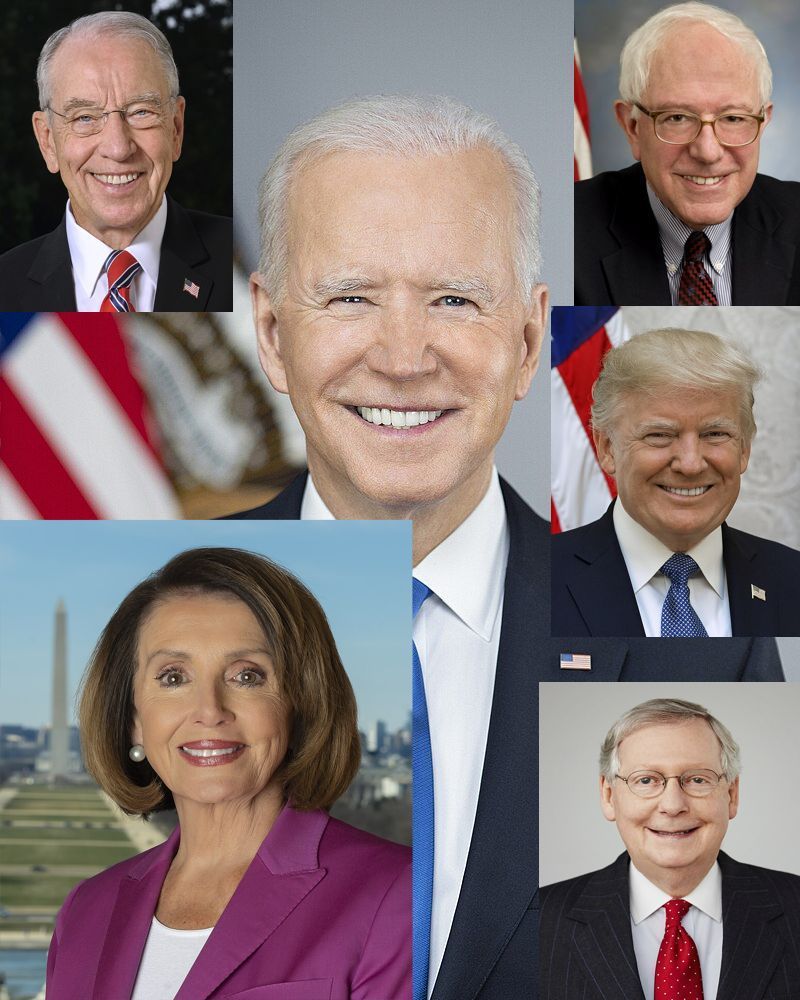While wisdom and experience are valued assets, there comes a point where the demands of leadership necessitate a fresh perspective and energy. In the United States, the absence of a mandatory retirement age for politicians has sparked discussions about whether there should be one.
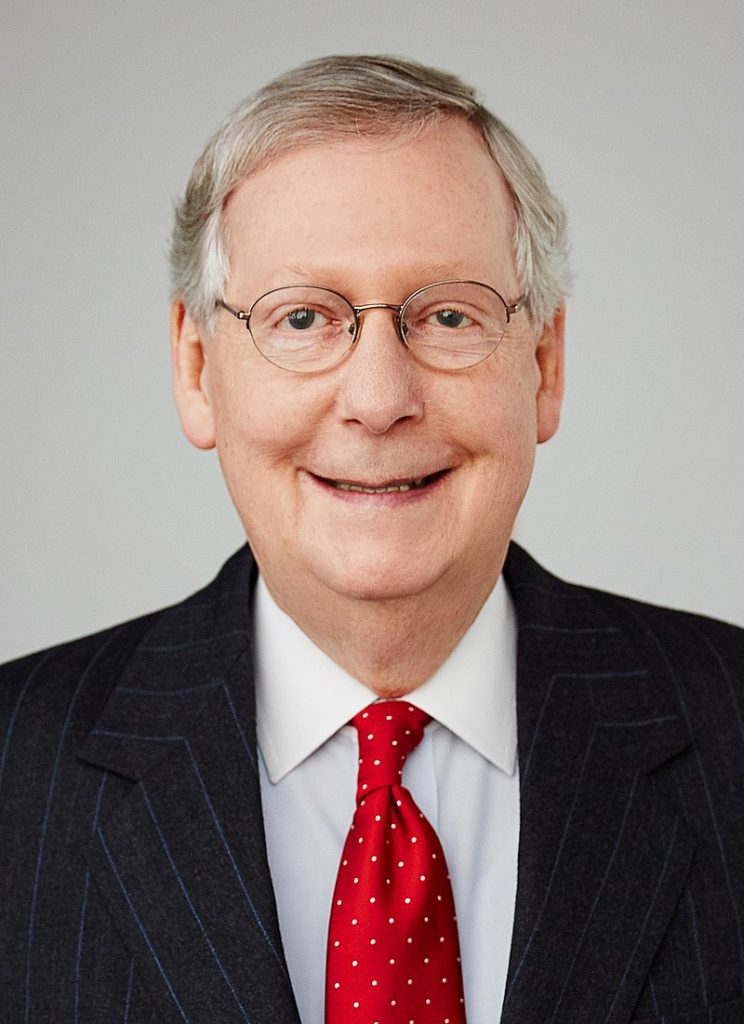
Advocates argue that instituting a retirement age, such as 75, could rejuvenate governance, enhance representation, and foster greater inclusivity within the political landscape.
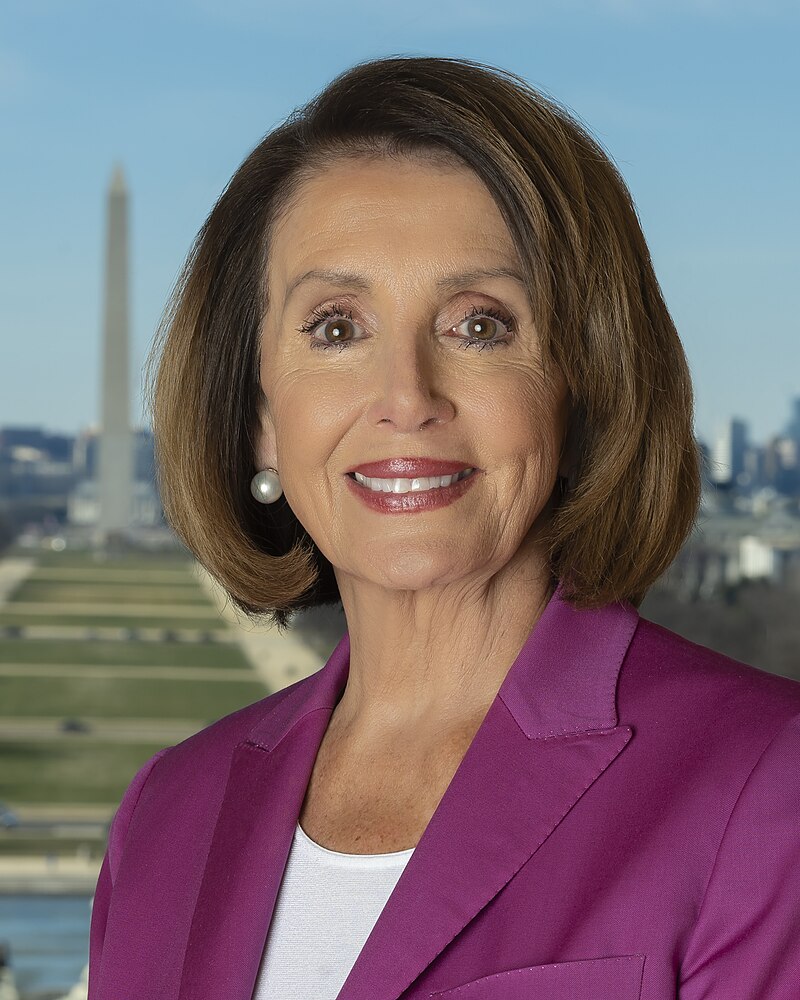
One of the primary arguments for implementing a mandatory retirement age for politicians is the need for renewal within governing bodies.
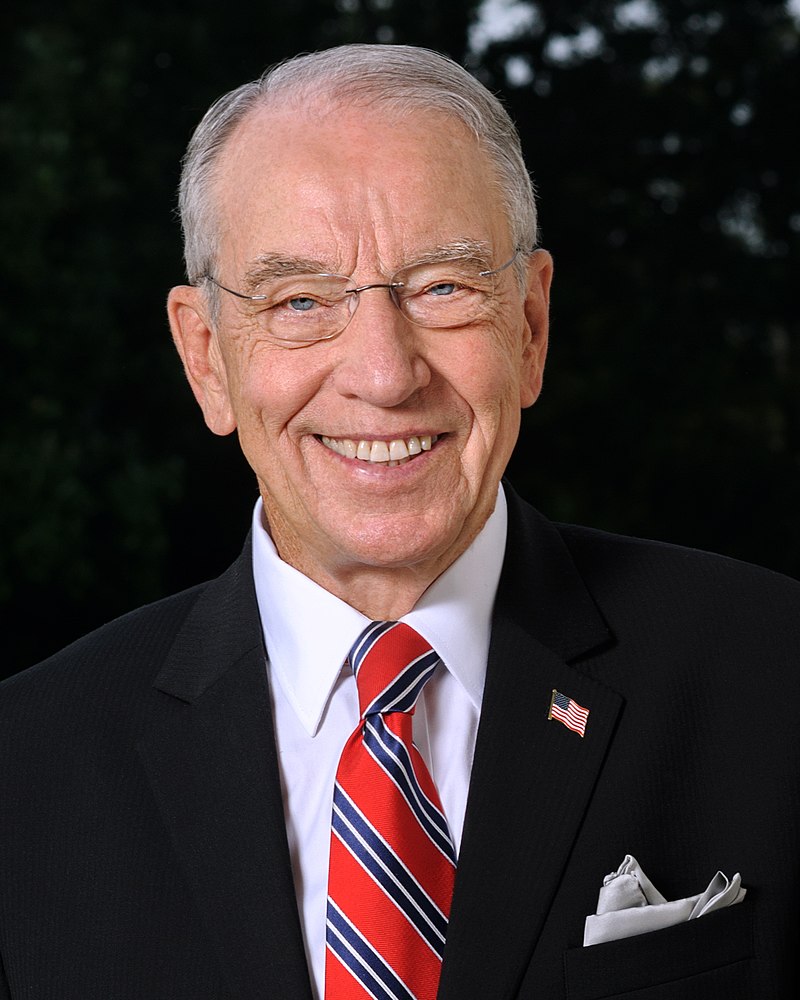
As individuals age, cognitive abilities may decline, affecting decision-making processes. Introducing new voices and perspectives through regular turnover can invigorate political institutions, infusing them with fresh ideas and approaches to addressing contemporary challenges.
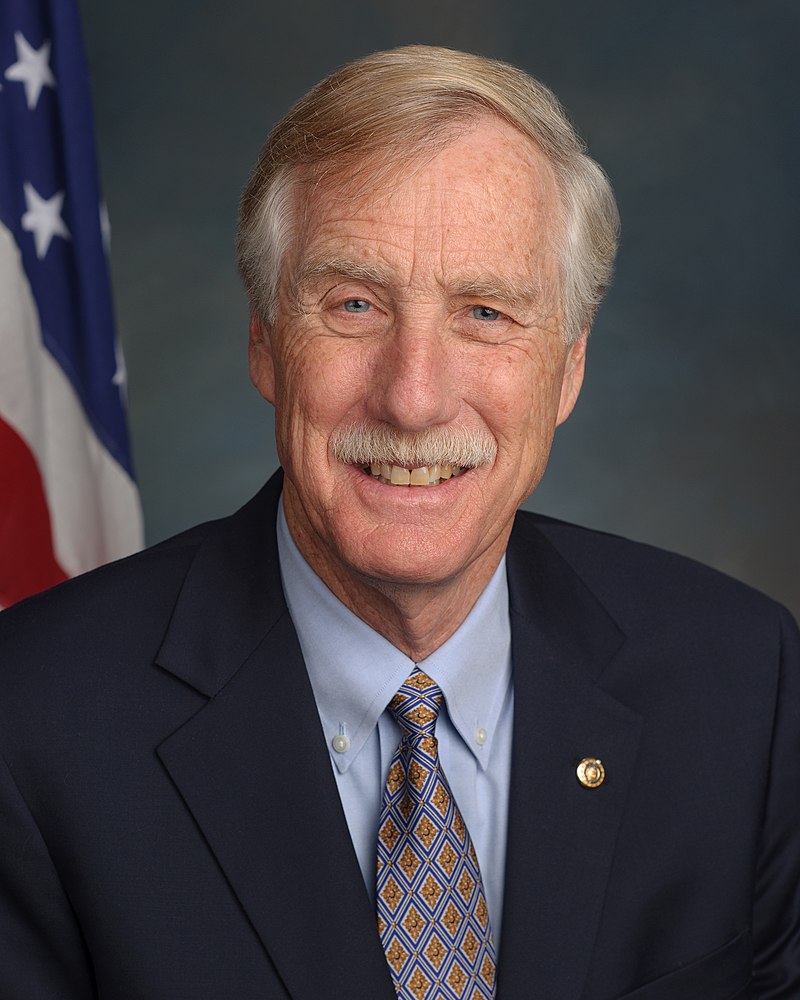
A retirement age could create a natural transition point, allowing seasoned leaders to pass the torch to a new generation of capable individuals, ensuring continuity while embracing change.

Another critical aspect is the promotion of representation and diversity. The absence of a retirement age may inadvertently perpetuate a lack of generational diversity in politics, with older individuals dominating leadership positions. By establishing a retirement age, opportunities for younger candidates, as well as individuals from underrepresented communities, could increase. This could lead to a more reflective and inclusive political landscape, better equipped to address the multifaceted needs of a diverse populace.
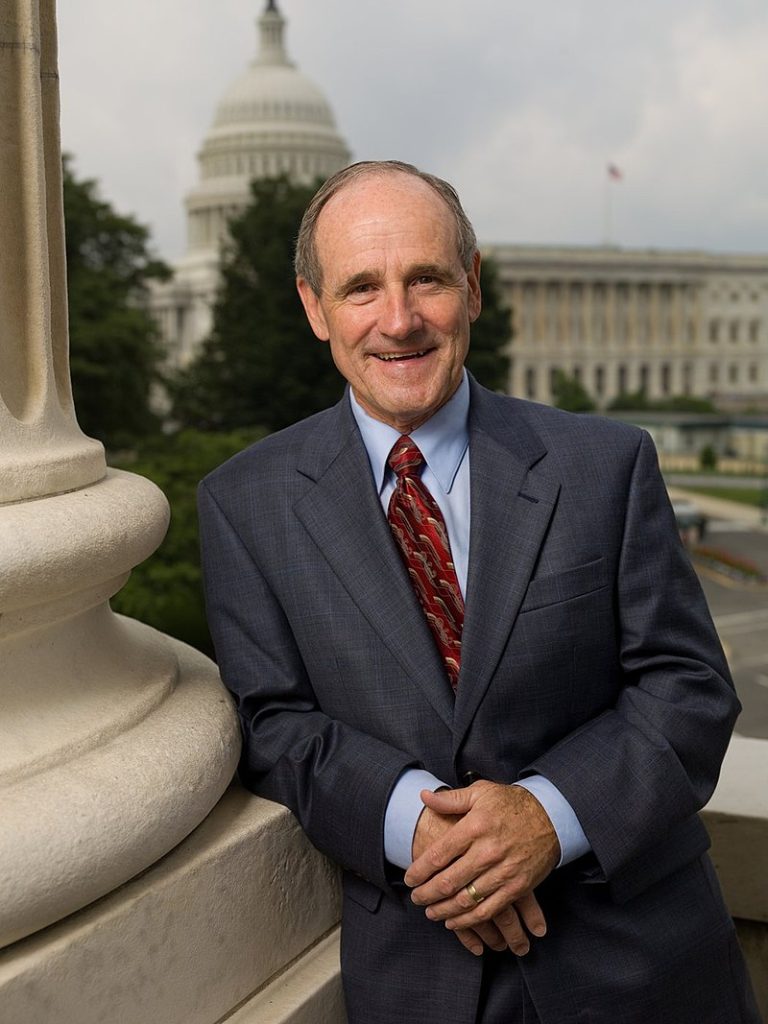
A retirement age could also contribute to fostering greater accountability among politicians. Without a defined endpoint to their tenure, some politicians may become entrenched in their positions, potentially leading to complacency or a disconnect from the evolving needs of their constituents.
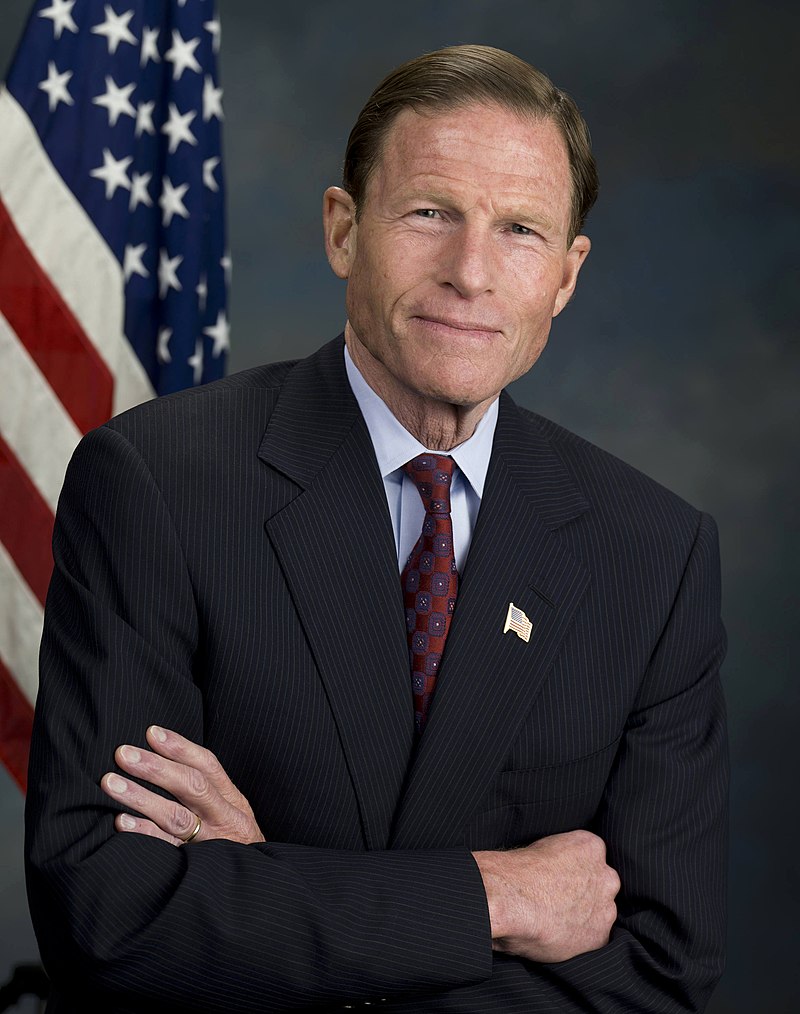
Implementing a retirement age could encourage politicians to remain focused and engaged throughout their careers, knowing that their time in office has a finite duration. This could translate into more responsive and accountable governance, with elected officials continually striving to deliver results during their tenure.
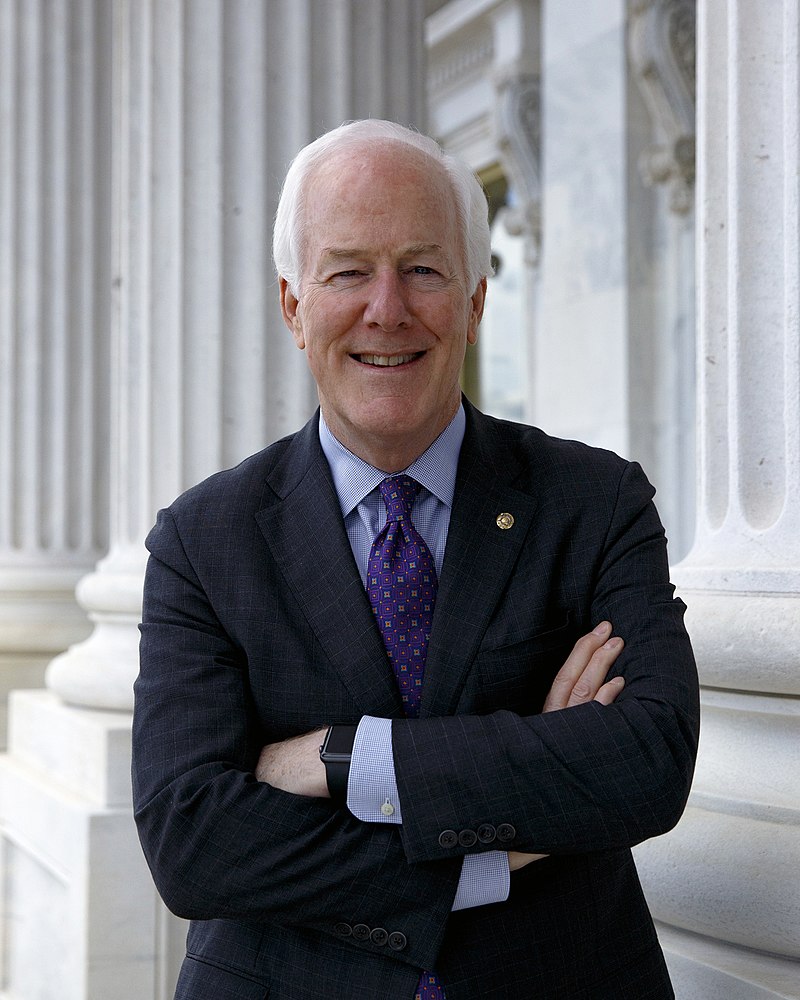
Critics of a mandatory retirement age often argue that it could unfairly discriminate against capable individuals who possess the experience and expertise necessary for effective leadership. However, it is essential to recognize that age-related concerns, such as declining health or cognitive abilities, can impact performance regardless of an individual’s qualifications. Instituting a retirement age does not diminish the value of experience but rather acknowledges the importance of balancing it with vitality and adaptability in leadership roles.
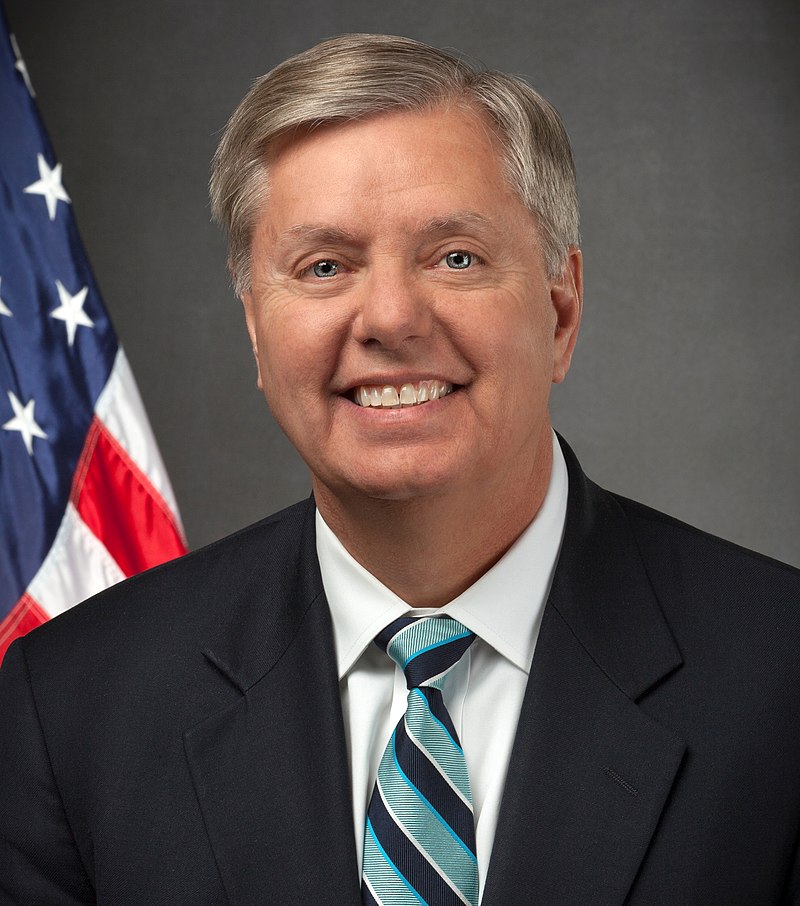
The implementation of a mandatory retirement age for politicians in the United States merits serious consideration. By embracing renewal, promoting representation and diversity, fostering accountability, and addressing age-related concerns, such a measure could rejuvenate governance and enhance the effectiveness of political institutions.

While experience is undoubtedly valuable, it should be complemented by fresh perspectives and energy to ensure that elected officials remain responsive to the needs of their constituents. Ultimately, establishing a retirement age could contribute to a more dynamic, inclusive, and resilient democracy for future generations.

